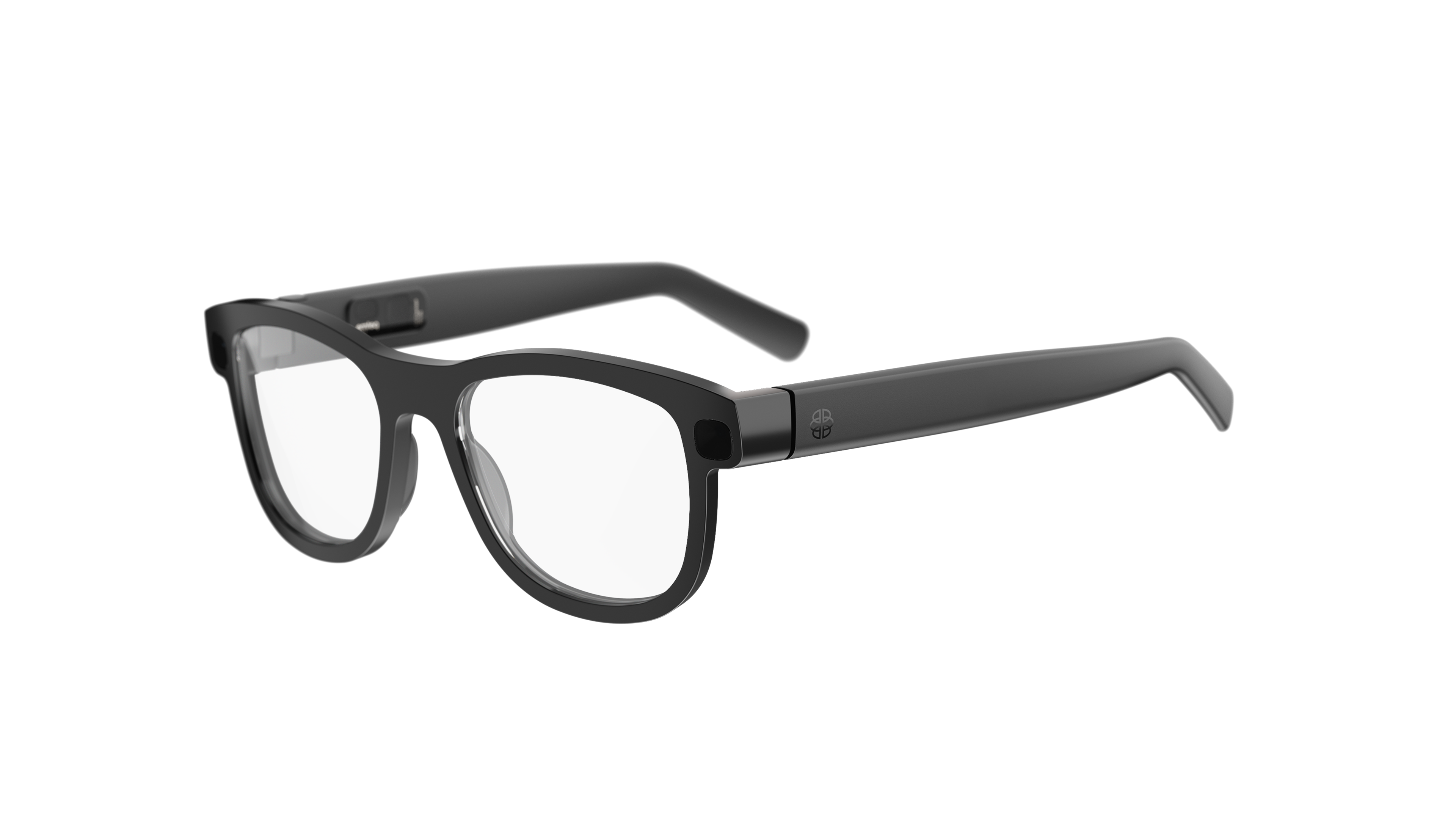The 7th episode of the Emotion Lab is dedicated to “exergaming”. Charles speaks to John Muñoz, a research scientist and game designer with a BSc in Engineering Physics, MSc in Bioelectricity and a PhD in Human-Computer Interaction from NeurorehabLab (UMA/M-iti). He is also a Fellow at the Systems Design and Engineering Department of the University of Waterloo (Canada) working in Socially Interactive and Assistive Technologies for Wellbeing. John has always had a keen interest in measuring signals from the human body to understand physiological processes and has more recently been exploring how he can combine these interests with his passion for gaming, examining the use of physical signals to create more “humanised” assistive technologies based on games and interactive systems.
Exergaming and medicine
Exergaming is the combination of gaming with exercise, relying on technology to track body movement and reactions. As video games have evolved, the interaction between humans and technology has also evolved, from limited inputs controlled by hand consoles, to engaging whole body experiences.
John explains his research into exergaming and how it can be applied in healthcare. From physical activity promotion for seniors to neurorehabilitation games for stroke patients, VR exergames have a huge potential in medicine. Charles shares his own experience from a clinical perspective of how challenging it can be to engage patients in exercise, particularly in the context of obesity and pain issues.
In his research with older adults, John has learnt that understanding patients’ motivations is crucial to overcoming initial barriers to participation. He also explained the importance of user experience and how he adapted his approach to overcome reservations and ensure that participants felt involved, engaged and had fun. Building in a gamification feedback loop to share personal information about performance and physiological state during the game, such as heart rate and perspiration levels, also helped to empower and encourage participants to exercise.
Future of Games
The pair reflect on advancements in technology, in particular in, sensors and wearables, that will be needed to enhance the gaming experience, predicting that the next wave of VR headsets and sensors will not only be more comfortable (creating a better gaming experience), but also, more importantly, will become more affordable and with greater accuracy.” The next wave of gaming will be capable of more humanised interaction and a better exchange of information from human to computer and vice versa and we could even see new interfaces that connect our bodies and minds.” explains John.
In his view, before long, computers will be competent enough in understanding our responses, psychological state and emotions that they will be able to respond accordingly and adjust in real-time to improve the gaming experience. With this will come a new paradigm of tech-emotional intelligence that could have the potential to change how we utilise and view gaming applications for the betterment of health.
Future of gaming and medicine
What will “tech-emotional intelligence” mean for medical gamification? In future we’re likely to see greater use of exergaming types of applications, particularly in the context of mental health and paralysis. There is a version of reality where use of appropriate gaming interventions could transform the way we prescribe and provide therapies. “The techniques we currently use provide little feedback, so whilst we can practice relaxation or stress management, we are limited in how we can measure efficacy in a quantifiable way – so we don’t know for sure if it’s making a difference.” explains John.
With the evolution of new technologies that combine VR with physiological sensors it is now possible to measure performance in a safe, controlled and enjoyable way. And this can be used in other fields too – for instance, you could be practicing public speaking and observing your body’s response in real time!
What are your thoughts on exergaming? Would you try it out?
Get in touch with emteqlabs:
www.emteqlabs.com | info@emteqlabs.com
Get in touch with the guest – John Muñoz
https://www.linkedin.com/in/john-edison-mu%C3%B1oz-cardona-27979454/

.png)
.png)





